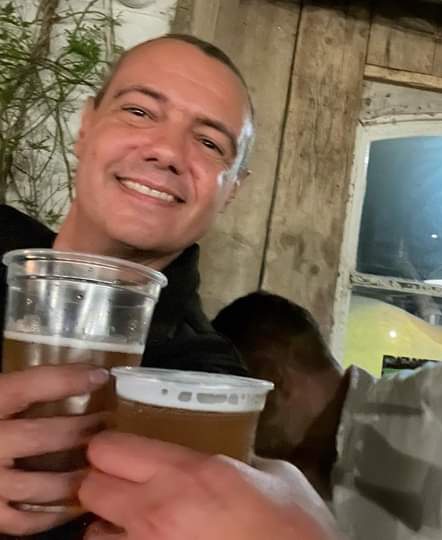By Prof Mark Taubert, Consultant in Palliative Medicine, Cardiff, UK
“Mostly it is loss which teaches us about the worth of things.”
― Arthur Schopenhauer, Parerga and Paralipomena
This year, I lost a very dear friend called Yiannis. Only in his late forties, he had a rare form of bone marrow cancer. He was a successful lecturer at the local university’s business school, and was full of life and inspiring ideas. He loved eating out, enjoying music and would always be up for a coffee. In short, a zeal for life, a person who had many friends wherever he went.
Yiannis once gifted me a book, called ‘The Schopenhauer Cure’, written by psychiatrist Irvin Yalom. I thought the title sounded a bit pretentious, but stuck with it and found it, well, strange but also revealing. Yiannis was fascinated by psychology and based some of his qualitative research on the principles of psychological theories. Schopenhauer was someone he was very interested in.

In this fictional book, a psychiatrist is diagnosed with cancer, and is given only a year to live. The dynamics within his existing psychotherapy group which he runs, are significantly altered, when post diagnosis he suddenly decides to bring in one of his former patients, whom he believes he has failed. The book then tells us about this former patient Philip, a misanthropic, narcissistic sex addict, whom the main protagonist had failed to help! The novel switches between the current events happening around the therapy group and the psychobiography of Arthur Schopenhauer.
Schopenhauer’s philosophy offers no hope for the relief of misery. In fact, he says we all would have been better off to have never been born! The next best thing would be to deny our desires, for it is desire that causes our unhappiness in the first place.
Yiannis, when we discussed the book in our local, the Pipes Beer Brewery in Cardiff, on the backdrop of him now also having been diagnosed with a terminal cancer, felt that the book actually promotes a group-work-collective approach towards challenges in life, and that relationships and emotions actually relieve much suffering. In Yiannis’ view, the book’s author correctly states that Schopenhauer’s pessimism approach is not the correct way to go about things, if you want any semblance of contentedness, in the face of the real challenge of a terminal illness; ‘Schopenhauer is wrong, or to put it politely, he doesn’t work for me, I would not cope with his approach to life, it’s not me!”, so said Yiannis.
He felt this was true in his own circumstances. Someone of Greek origin who had come to live in the UK, making many social connections, enjoying his interconnectedness, and enduring some of the vagaries associated with life in the UK (not just the weather, the food and Brexit, but many other things, too!). I don’t think I know many people who had as many friends as Yiannis did. Years later this would be a way through things on his own cancer journey: the relationships, friendships and experiences he shared with us helped, even weeks before his death, and got him through some of the more challenging times.
I and many of his friends felt that Yiannis took this on with a very pragmatic and intelligent steer, looking at possibilities, trying to work out risk versus benefit, getting views from different people who knew about the rare type of cancer he has. In doing so, he never battled or used the typical cancer fight metaphors. He kept his options open. As someone who had used connectedness all his life, he did it again during these cancer years, speaking to many and then making a choice based on the conversations he’d had. He never shirked away from talking about death, either, or asking those around him what dying might be like, and how it could play out.
My learned friend remained sceptical of Schopenhauer’s ‘cure’ from suffering by deprivation, and was by nature ready to try the cure from Schopenhauer, by connecting, talking and evaluating. He was, in many ways, the Anti-Schopenhauer. In a way that was so thoughtful and considered and allowed him to live his life to the fullest, with those who loved him around him. I have pictures of him holding up a wine-glass with friends in pubs and restaurants, in the weeks very close to his death. I hope I can be that engaged and active, until the very end. Thank you, Yiannis, diolch yn fawr, danke, efcharistó. You will always be a dear friend.
PS: Schopenhauer may not be for everyone, but he did sometimes have some useful thoughts:
“It is difficult to find happiness within oneself, but it is impossible to find it anywhere else.”
― Arthur Schopenhauer